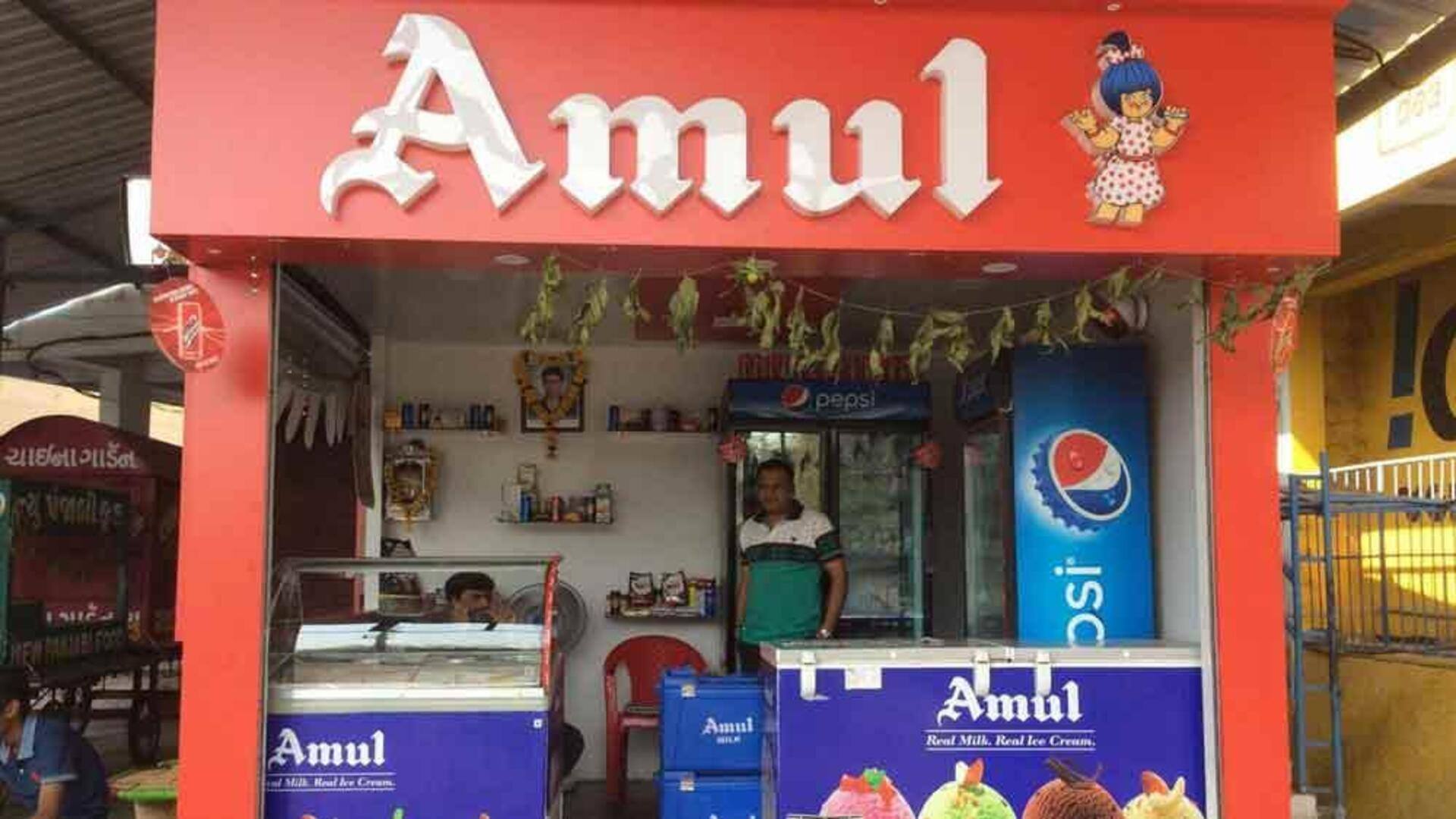
Amul develops bioethanol from whey, plans ₹70cr plant in Gujarat
What's the story
Amul, India's leading dairy cooperative, has successfully developed a method to produce bioethanol from whey, the byproduct that is usually left behind while making cheese and paneer. Earlier, ethanol was mostly sourced from molasses, maize, farm waste, or damaged food grain in India. With this new method, Amul plans to invest ₹70 crore in a bioethanol plant with a daily capacity of 50,000-liter. The company is also looking to partner with existing bioethanol plants within Gujarat's sugar cooperative sector.
Process
Bioethanol production process explained
Jayen Mehta, the Managing Director of Gujarat Co-operative Milk Marketing Federation (GCMMF), revealed details of the bioethanol production process. He told The Times of India that they extracted 20,000-liter of rectified spirit with 96.71% ethanol from 4.5 lakh liters of cheese whey. The byproducts of this process are biogas (methane), dry ice, and water. Mehta added that this trial was conducted to aid the Center's Ethanol Blended Petrol (EBP) program to increase bioethanol blending in petrol to 20%.
Operational capability
Amul currently processes 3M liters of whey daily
The trial took place at a unit of Shree Narmada Khand Udhyog Sahkari Mandli Ltd, commonly known as Narmada Sugar, located in Dharikheda, Bharuch, Gujarat. Amul currently processes three million liters of whey daily. In Gujarat, it operates three cheese plants: one in Khatraj (Amul Dairy), one in Palanpur (Banas Dairy), and another in Himatnagar (Sabar Dairy). Nationally, it runs around 15 paneer production facilities.
Information
Trial yields promising results
The successful trial of bioethanol production is a major milestone for Amul. "It aimed to upcycle and create a new revenue stream for our 3.6 million farmer-owners," according to Mehta.